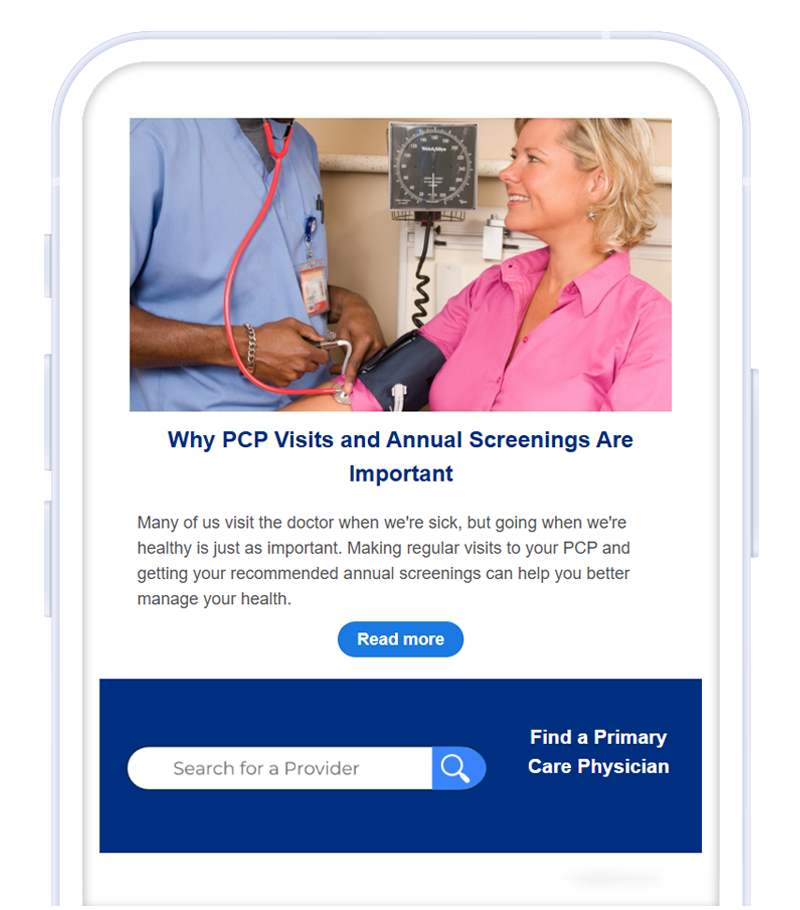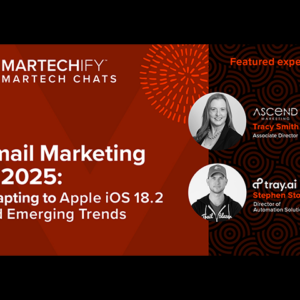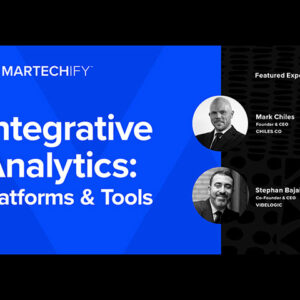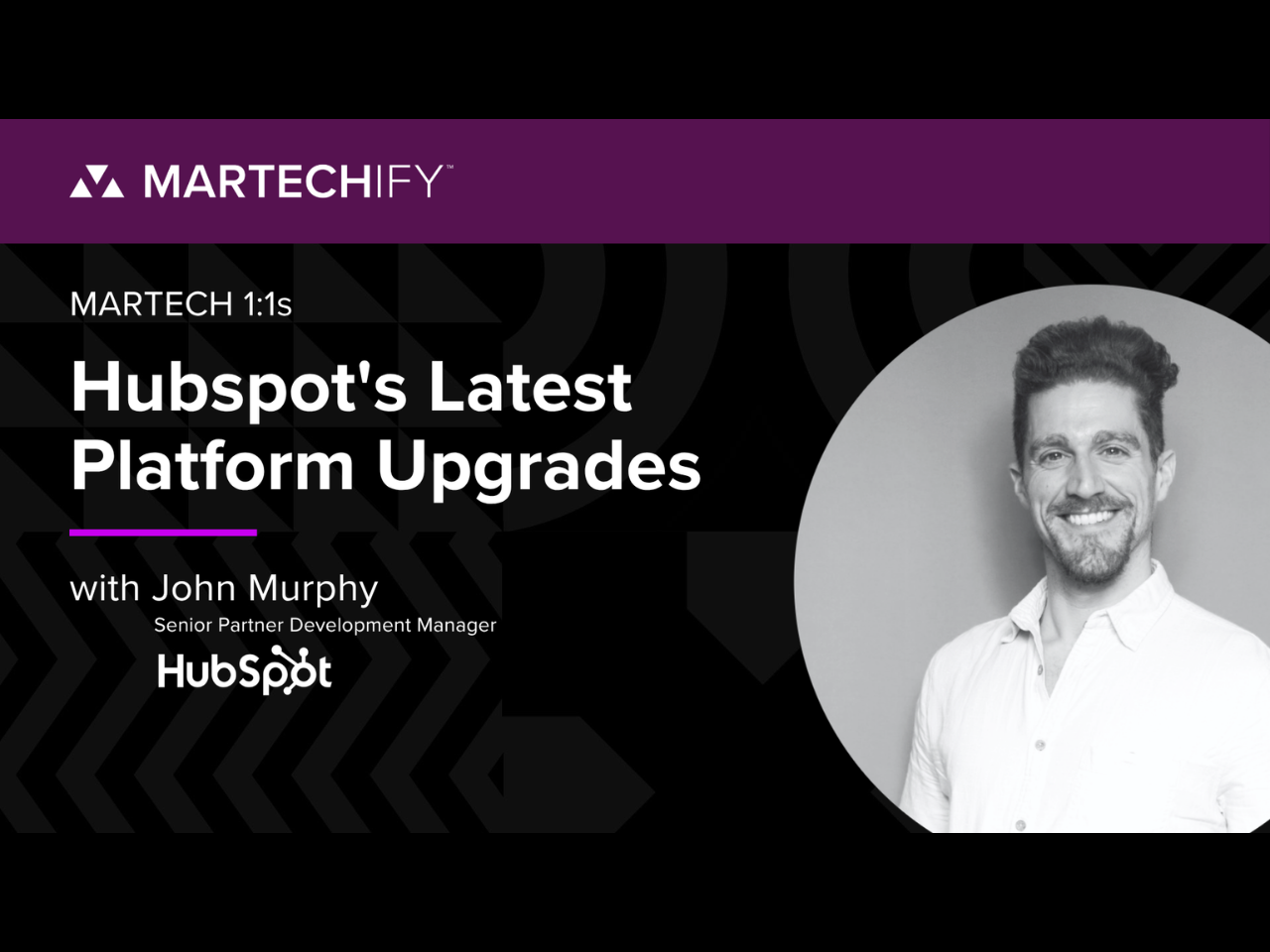From Data to Decisions: Balancing Privacy and Personalization
- Brittany Smalls, Digital Marketing Manager at UPMC
- Customer Experience (CX), Data Management and Analytics, Digital Transformation, Strategy and Trends
In anticipation of World Healthcare Day, the Martechify team connected with top healthcare marketing experts to gather their insights and predictions on how martech is transforming healthcare experiences in 2025. We had the opportunity to speak with Brittany Smalls, Digital Marketing Manager at UPMC, to hear her perspective on:
1. The future of patient engagement: How can martech be leveraged for better outcomes in 2025?
2. Navigating compliance and personalization: What will be martech’s impact on healthcare marketing in 2025?
1. The future of patient engagement: How can martech be leveraged for better outcomes in 2025?
2. Navigating compliance and personalization: What will be martech’s impact on healthcare marketing in 2025?
Here is what we’ve learned…
Prediction for patient engagement in 2025
Marketers will notice a growing demand from patients and consumers for transparency and data privacy, while also seeking a more personalized and relevant healthcare experience. This dynamic creates a delicate balance between securing data and optimizing user experience. Healthcare marketers and health systems will need to further integrate their compliance and marketing strategies to address this challenge.
Patients now expect greater control and access to their personal data, fueled by concerns over numerous data security breaches and a general mistrust of healthcare organizations. At the same time, strict healthcare and data regulations such as HIPAA, GDPR, and an increasing number of state privacy laws requires that marketers be more vigilant and proactive in ensuring compliance when managing patient data for marketing initiatives.
Patients now expect greater control and access to their personal data, fueled by concerns over numerous data security breaches and a general mistrust of healthcare organizations. At the same time, strict healthcare and data regulations such as HIPAA, GDPR, and an increasing number of state privacy laws requires that marketers be more vigilant and proactive in ensuring compliance when managing patient data for marketing initiatives.
How to address these challenges while delivering a hyper-personalized experience
One effective approach is to develop a robust first-party data strategy that prioritizes consent-driven marketing, for example, by re-engaging consumers through personalized email marketing after a site visit. When site visitors express an interest in scheduling an appointment or learning more about a health specialty but do not schedule an appointment, they can be re-engaged via an email that includes a relevant patient testimonial, a blog article, or a call-to-action to schedule an appointment. This strategy leverages first-party data to re-engage interested consumers.
Lastly, existing martech tools, such as Customer Relationship Management (CRM) systems, are already beginning to incorporate AI and machine learning to predict patient and consumer needs. In the future, I anticipate that we will see AI used to create hyper-personalized experiences while managing the workload associated with ensuring compliance.
Lastly, existing martech tools, such as Customer Relationship Management (CRM) systems, are already beginning to incorporate AI and machine learning to predict patient and consumer needs. In the future, I anticipate that we will see AI used to create hyper-personalized experiences while managing the workload associated with ensuring compliance.














